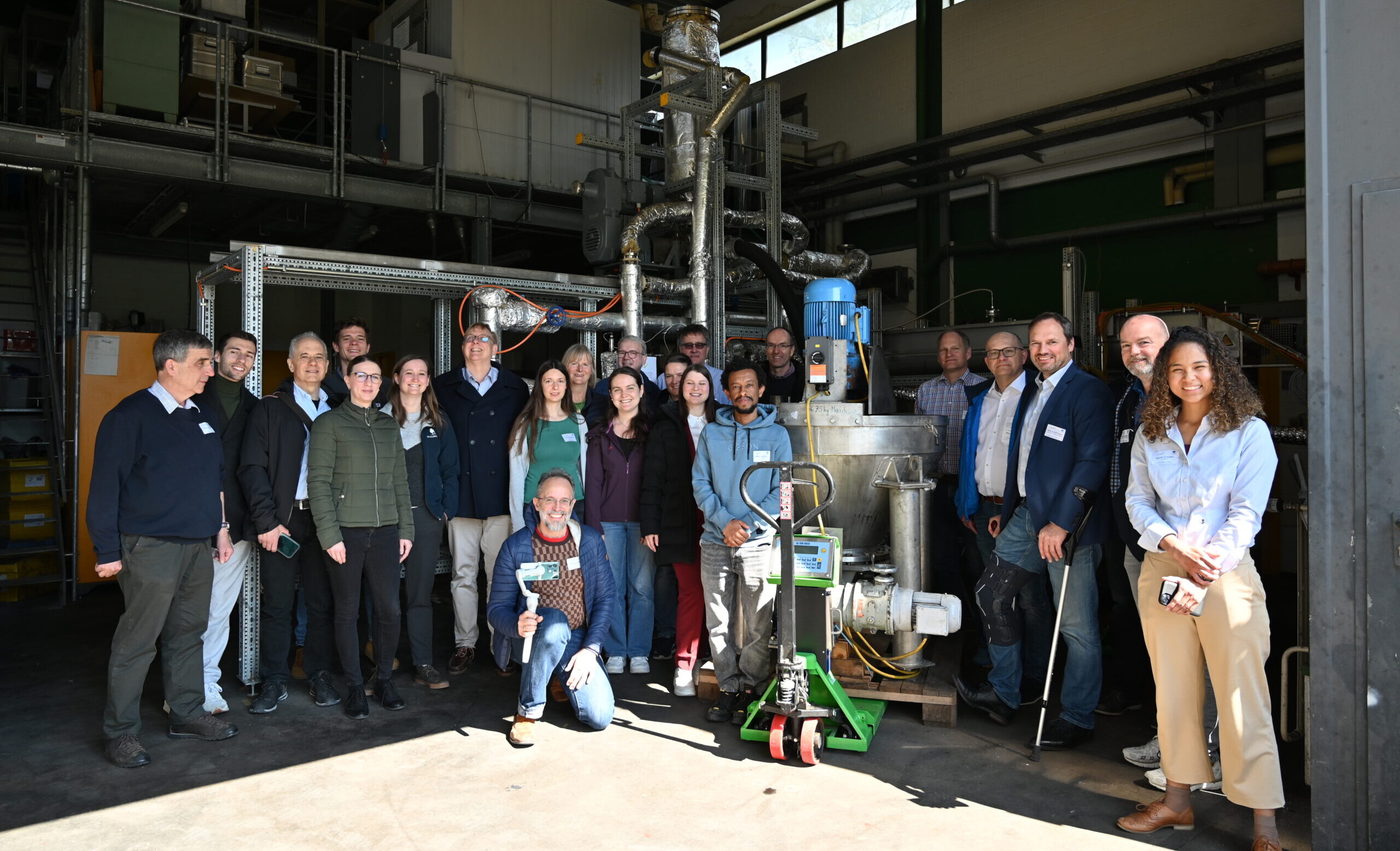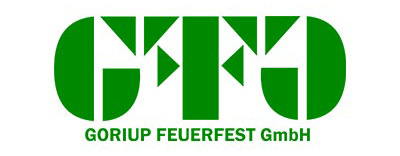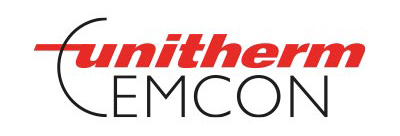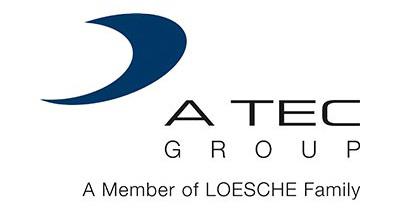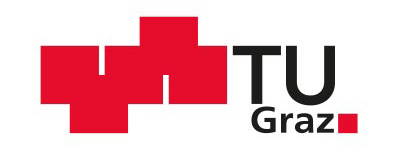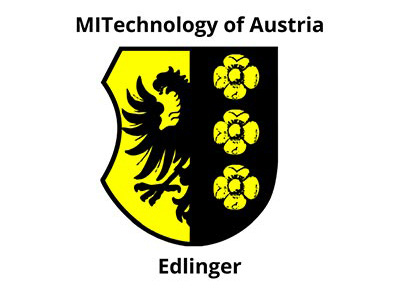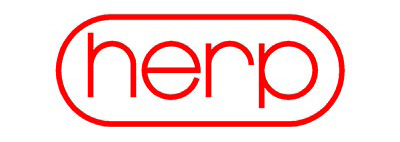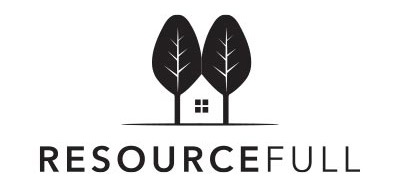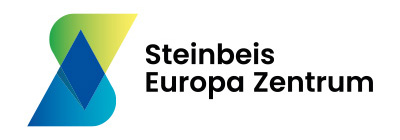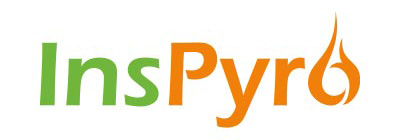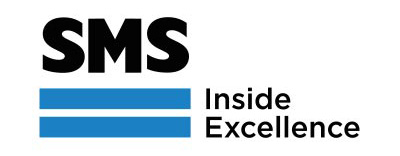Stuttgart, Germany – April 2025 – The FlashPhos consortium, a European research and innovation project co-funded by the European Commission, held two key events this April to advance sustainable phosphorus recovery from sewage sludge. The events – the project’s General Assembly on April 8 and a dedicated workshop and demonstration event on April 9 – were hosted by the University of Stuttgart and gathered experts from across science, industry, and policy.
Strategic Coordination at the General Assembly
On April 8, the project partners convened for the FlashPhos General Assembly at the Institute for Sanitary Engineering, Water Quality and Solid Waste Management (ISWA), the coordinating institution of the project. The meeting provided an opportunity to present the latest technical results and coordinate the final phase of the project, which has been extended by one year to ensure full implementation and exploitation of the results.
One of the central topics was the near-finalization of the FlashPhos pilot plant. The flash reactor is now close to commissioning, representing a crucial milestone toward demonstrating the feasibility of the innovative FlashPhos process at industrial scale.
The FlashPhos technology enables the recovery of high-purity white phosphorus (P₄) and other valuable raw materials from sewage sludge. By integrating waste-to-resource conversion within a circular economy model, the project aims to offer an ecologically and economically viable alternative to conventional sludge incineration and mineral phosphorus imports.
Public Workshop: “Sludge Drying for P-Recycling”
The following day, on April 9, a workshop opened to the broader stakeholder community focused on a core technological element of the process: the drying of sewage sludge as a pre-treatment for phosphorus recovery. Titled “Sludge Drying for P-Recycling,” the event featured a series of expert presentations, a site visit, and an interactive panel discussion.
Technical Presentations
The workshop was opened by Matthias Rapf, FlashPhos Project Coordinator, who provided an overview of the project’s vision, objectives, and progress.
This was followed by a set of in-depth presentations:
-
Steffen Ritterbusch (eng4e) presented on sludge dewatering and drying technologies, comparing the advantages of dried over liquid sludge, including reduced mass and emissions, better transportability, and storability. He outlined typical process chains and addressed how these technologies compare with mono-incineration.
-
Florian Drunsel (Buss-SMS-Canzler GmbH) presented the engineering of the FlashPhos sewage sludge dryer, describing options for producing granulate or dust, and explaining technical components such as indirect heat exchange, condensation, cooling, and vapor treatment.
-
Jonathan Fuchs (ZVK Steinhäule) shared practical experiences from a mono-incineration plant for sewage sludge in Neu-Ulm. His presentation covered drying and combustion processes, with a focus on evaporation and condensation systems during operation.
-
Ayumi Schober (University of Stuttgart) presented operational results from the FlashPhos pilot Dryer-Grinder, including performance data and operational challenges encountered during test runs.
Technology Demonstration and Expert Dialogue
The highlight of the day was a guided site visit to the FlashPhos Pilot Dryer-Grinder, led by Ayumi Schober. Attendees were given a first-hand look at the system’s components, layout, and current state of operation, with open discussion on technical aspects and future scalability.
After the lunch break, the workshop concluded with a forward-looking expert panel. Discussions focused on the future of phosphorus recovery in Germany and the EU, regulatory pathways, market integration, and technological readiness. The open exchange brought together perspectives from sewage sludge producers, drying technology providers, bioeconomy experts, and policymakers.
The session fostered a collaborative atmosphere where new ideas and cross-sector dialogue could thrive—highlighting the importance of co-creation in scaling sustainable innovations.
About FlashPhos
FlashPhos aims to enable the large-scale, sustainable, and climate-friendly recycling of phosphorus from sewage sludge by developing and demonstrating a novel thermochemical process. Coordinated by the University of Stuttgart, the project brings together 17 partners from Germany, Austria, Belgium, Italy, and Spain, covering the full value chain from waste handling to phosphorus use. All recovered products are intended for reintegration into European industry, supporting strategic autonomy and resource efficiency.
For more information, visit: www.flashphos-project.eu
For further information contact
Christian Schmidberger
Project Coordinator and Reseacher at University of Stuttgart, Institute of Combustion and Power Plant Technology

